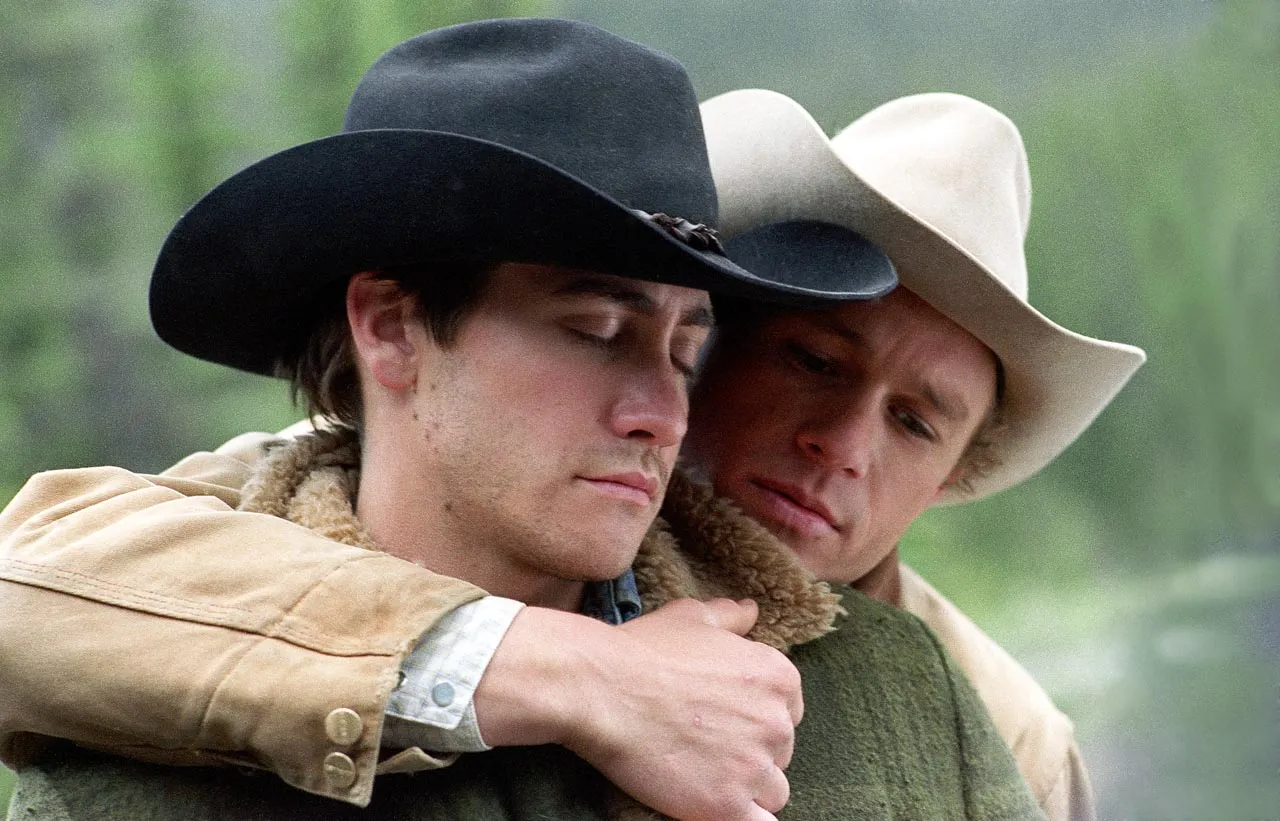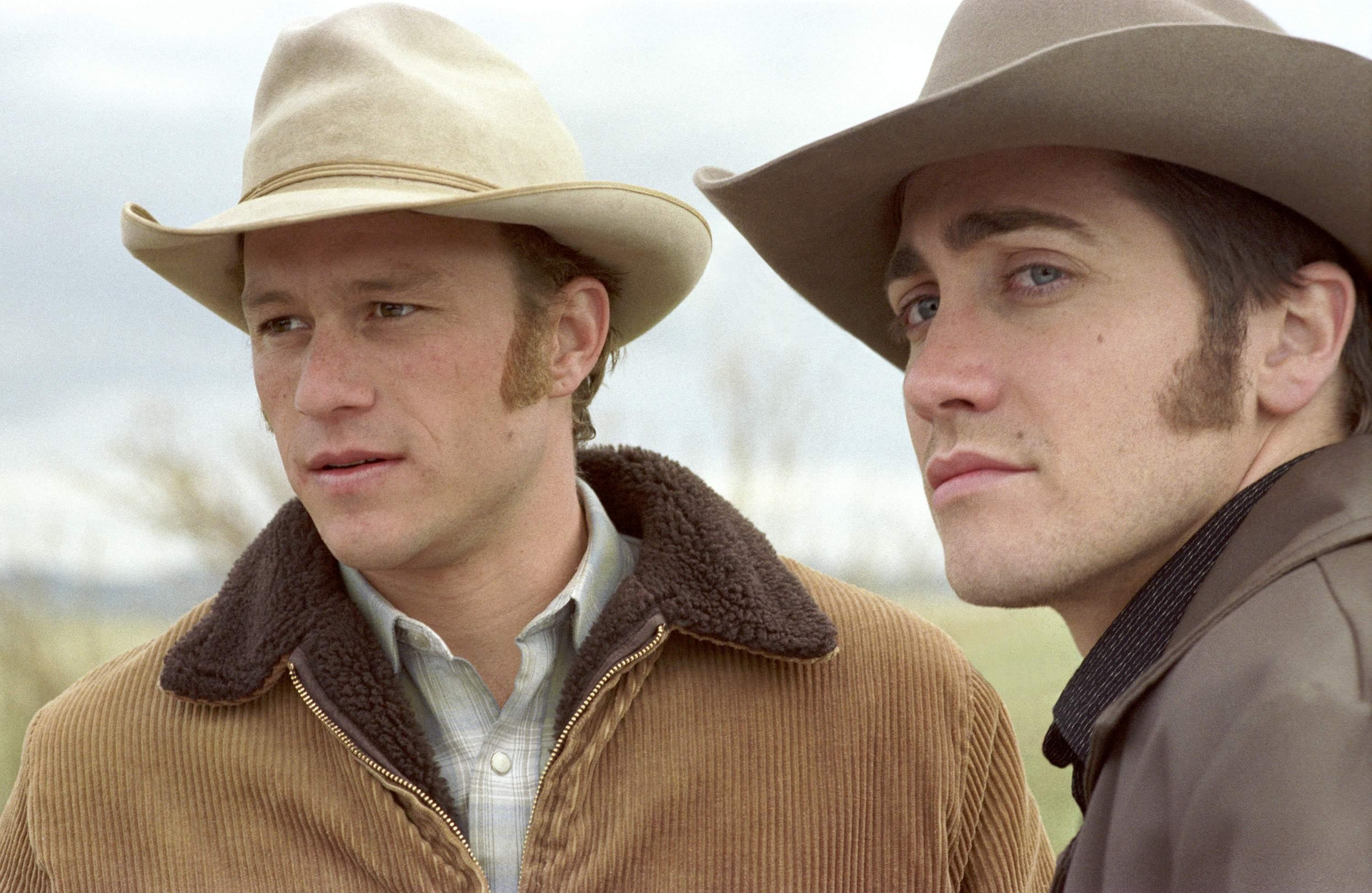It has been two decades since “Brokeback Mountain” lost the Best Picture Oscar in what remains one of the most controversial moments in Academy Awards history. The film, a love story between two men set against the sweeping backdrop of the American West, won virtually every major award leading up to the Oscars, including the Golden Globe, BAFTA, Directors Guild, Producers Guild, and Writers Guild honors. Yet, on Oscar night in 2006, “Brokeback Mountain” lost to “Crash”—a decision that still sparks debate, disappointment, and reflection on Hollywood’s relationship with LGBTQ+ stories.
Now, 20 years later, the film’s screenwriter Diana Ossana is speaking out with renewed candor about why she believes “Brokeback Mountain” was denied its crowning achievement. In a recent interview with The New York Times, Ossana recalled the exact moment she realized the film’s Oscar hopes were doomed—and what it revealed about the industry’s attitudes at the time.
A Groundbreaking Film That Changed Hollywood
“Brokeback Mountain,” directed by Ang Lee and adapted from Annie Proulx’s short story, was more than just a movie; it was a cultural milestone. When it premiered in 2005, mainstream movies rarely portrayed queer love stories with such sensitivity and depth. The film starred Heath Ledger and Jake Gyllenhaal as Ennis Del Mar and Jack Twist, two cowboys whose secret romance spans decades, marked by longing, heartbreak, and the constraints of a conservative society.

The film was met with widespread critical acclaim. Reviewers hailed it as a masterpiece, audiences flocked to theaters, and awards bodies showered it with honors. By the time Oscar night arrived, “Brokeback Mountain” was the clear frontrunner for Best Picture. Its loss to “Crash”—a film about race relations in Los Angeles—was a shock to many, and the backlash was immediate.
The Moment Hope Died
For Diana Ossana, who co-wrote the screenplay with Larry McMurtry, the disappointment was personal and profound. In her recent interview, Ossana recalled a pre-Oscar party where she learned something that changed her outlook on the night entirely.
“I was talking to someone who told me, ‘Clint Eastwood hasn’t even watched your film,’” Ossana said. “It was like somebody kicked me in the stomach.”
Eastwood, one of the most respected figures in Hollywood and a voting member of the Academy, was emblematic of a larger problem. If even the industry’s most influential members weren’t willing to watch “Brokeback Mountain,” what chance did it really have?
Ossana’s words are pointed: “People want to deny that, but what else could it have been?” she said, referring to the film’s loss. “There’s no other explanation.”
The Oscar Goes To… ‘Crash’
When Jack Nicholson opened the envelope and announced that “Crash” had won Best Picture, the reaction in the room was palpable. Many in the audience gasped. Some, including “Brokeback” director Ang Lee, looked visibly stunned. In the days that followed, critics and fans alike accused the Academy of snubbing a landmark film out of discomfort with its subject matter.
Even now, the decision is widely considered one of the Oscars’ greatest missteps. “Crash” has not aged well in the eyes of many critics, while “Brokeback Mountain” is regularly cited as one of the most important—and best—films of the 21st century.
Hollywood’s Closet: A Culture of Discomfort
To understand why “Brokeback Mountain” lost, it’s necessary to look at the culture of Hollywood in 2006. While the industry publicly championed diversity and inclusion, there remained a deep-seated discomfort with LGBTQ+ stories, especially those that challenged traditional notions of masculinity and romance.

Many Academy voters, as later revealed in anonymous interviews, admitted to not watching “Brokeback Mountain” at all. Some cited discomfort with the film’s central relationship; others simply dismissed it as “not for them.” The result was a silent but powerful form of discrimination—one that denied the film its rightful place in history.
Ossana, reflecting on this, said, “Hollywood wants to think of itself as progressive, but when it comes to stories that challenge its own prejudices, the truth comes out.”
The Legacy of ‘Brokeback Mountain’
Despite its Oscar loss, “Brokeback Mountain” has endured. The film launched a thousand conversations about representation, masculinity, and love. It is taught in film schools, referenced in pop culture, and cherished by fans who saw themselves reflected on screen for the first time.

Heath Ledger and Jake Gyllenhaal’s performances are now considered iconic. Ledger, who died in 2008, is particularly remembered for his quiet, devastating portrayal of Ennis Del Mar. Ang Lee, who did win Best Director, went on to become one of the most respected filmmakers of his generation.
For Diana Ossana, the film’s impact is bittersweet. “We changed things,” she said. “But we also saw how much work there was left to do.”
A Turning Point for Hollywood?
In the years since “Brokeback Mountain,” Hollywood has made strides in LGBTQ+ representation. Films like “Moonlight,” which won Best Picture in 2017, and television series such as “Pose” and “Heartstopper,” have pushed the conversation forward. But the legacy of that Oscar night lingers—a reminder of how prejudice can shape even the highest echelons of the industry.

Looking back, Ossana remains proud but unflinching. “We told the story we wanted to tell. The audience found it, even if the Academy didn’t. That’s what matters most.”
The Conversation Continues
Twenty years later, “Brokeback Mountain” stands as both a triumph and a cautionary tale. It proved that queer love stories could move audiences and win critical acclaim. But it also exposed the limits of Hollywood’s acceptance.
For a new generation of filmmakers and fans, the film’s Oscar loss is not just a footnote—it’s a call to keep pushing for change, to make sure that the next “Brokeback Mountain” doesn’t have to fight so hard for recognition.
As Diana Ossana put it, “We came close. Maybe next time, someone else will go all the way.”





